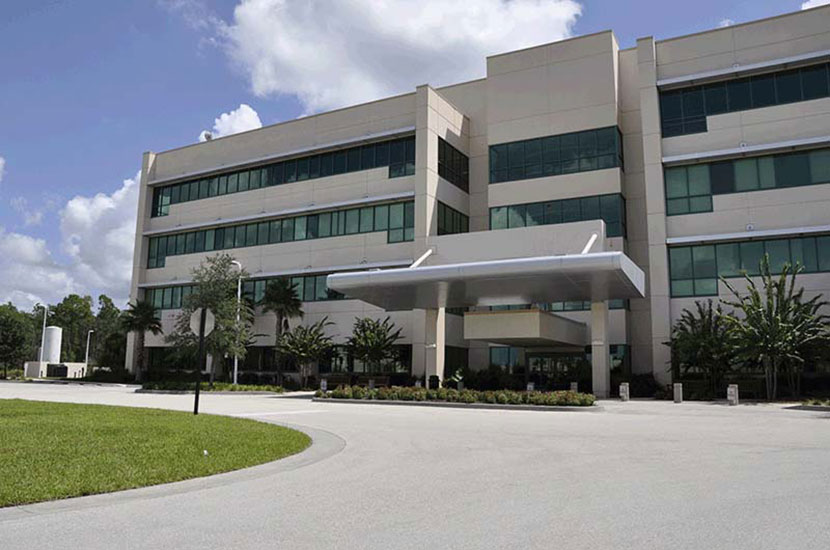You will often see ‘Accredited Center’ used by certain insurance carriers and hospitals will often advertise that they have been accredited. Aetna and other private insurance companies will occasionally stipulate that a surgery has to be performed at an Accredited Center (certified hospital).
To earn the designation, ‘Accredited Center,’ hospitals have to go through a rigorous reporting process and inspection by the ASMBS (American Society for Metabolic and Bariatric Surgery) and the ACS (American College of Surgeons). Along with having certain types of equipment geared towards the bariatric patient, they also have to maintain minimum number bariatric cases per year in order to maintain their standing.
Hospitals that are considered Accredited Centers are required to maintain a minimum of 140 bariatric procedures per year. Currently, in the United States there are two institutions that inspect facilities, collect data, and accredit hospitals with the Bariatric Center of Excellence designation.
- The American Society of Metabolic Surgeons (ASMBS) and…
- The Surgical Review Corporation (SRC)
While these institutions have slightly different requirements, the intent is the same. Their accreditation signifies a level of excellence in the field of bariatric medicine.
Find an Accredited Center in your area.
Another important feature of an accredited Center of Excellence is the training that is required. Below are a few of the required training courses that the hospital’s staff are required to take.
- Obesity Sensitivity Training
- Proper Moving of an Obese Patient
- Recognizing the signs and symptoms of bariatric surgery complications
- Post-op care of the bariatric patient
- Bariatric surgery post-op nutrition
For these reasons its a good idea to have your surgery done at an Accredited Center even if your insurance doesn’t require it.
Find out if your Insurance Carrier Covers Weight Loss Surgery


